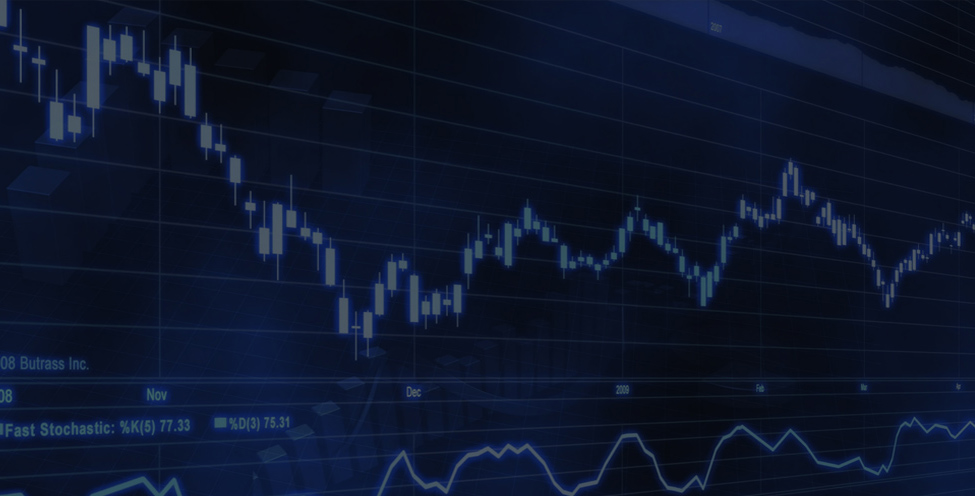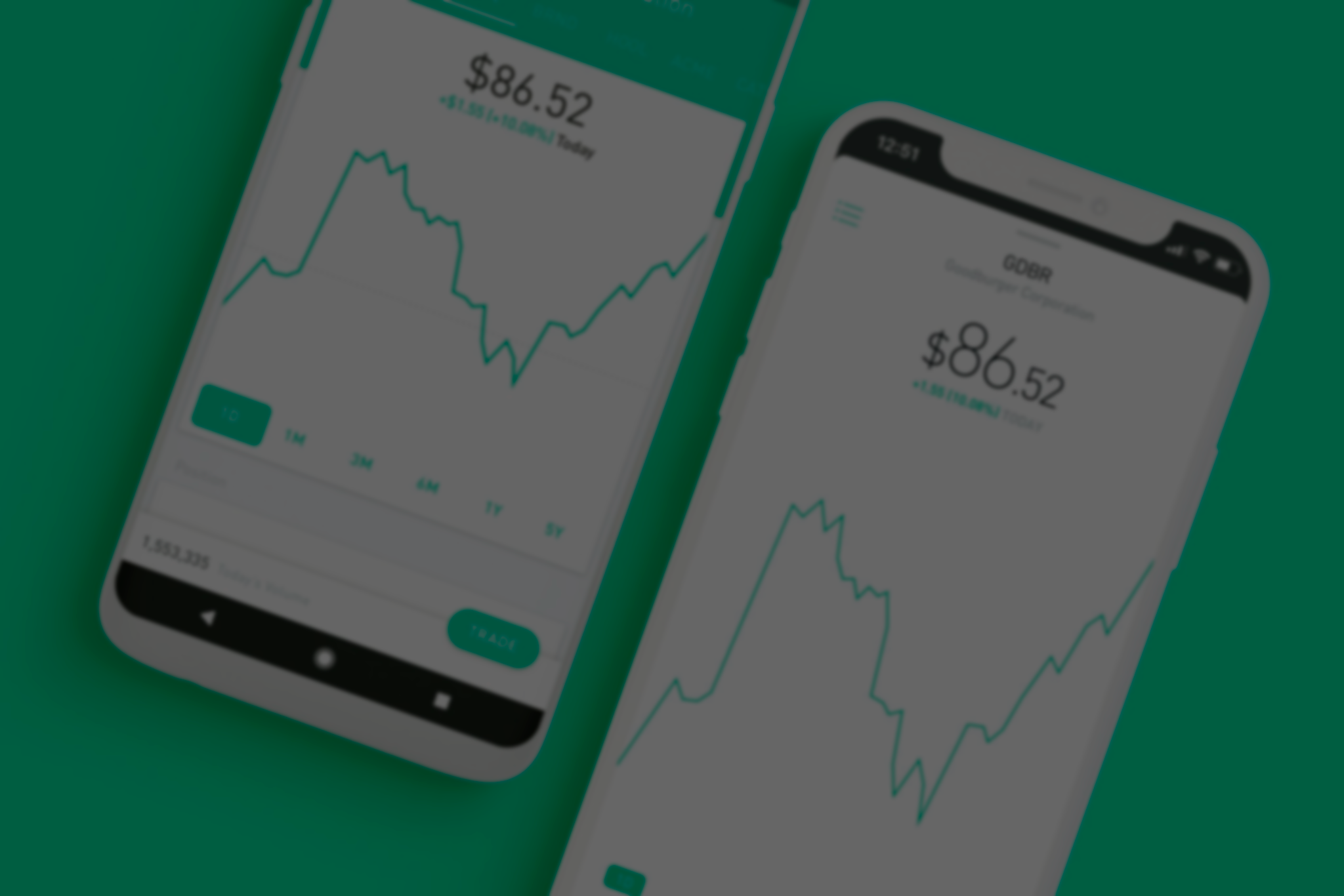Политика конфиденциальности
Настоящим, действуя своей волей и в своем интересе, при размещении (вводе) своих персональных данных на Интернет-сайтах www.globalsecureinvest.com даю свое согласие Global Secure Invest,
местонахождение:
в дальнейшем "Оператор", на обработку своих персональных данных, на следующих условиях:
- Оператор осуществляет обработку моих персональных данных в следующих целях: предложение мне услуг, предоставляемых Оператором и/или третьими лицами, как в отдельности, так и совместно, в том числе путем отправки информационных материалов на адрес моей электронной почты, совершения телефонных звонков на предоставленный мной телефонный номер;
- Перечень персональных данных, передаваемых Оператору на обработку: персональные данные размещенные (введенные) мной на Интернет-сайтах www.globalsecureinvest.com, а также предоставленные мной электронные копии документов, удостоверяющих личность и иных документов, содержащих персональные данные.
- Даю согласие на обработку Оператором своих персональных данных, указанных в п.2 настоящего Согласия, то есть на совершение, в том числе, следующих действий: обработку (включая сбор, запись, систематизацию, накопление, хранение, уточнение (обновление, изменение), извлечение, использование, передачу (распространение, предоставление, доступ), обезличивание, блокирование, удаление, уничтожение персональных данных), при этом общее описание вышеуказанных способов обработки данных приведено в законодательной директиве (постановление GDPR, которое вступило в силу на территории Европейского Союза, , с 25.05.2018).
- Оператором осуществляется неавтоматизированная обработка персональных данных. Полученная в ходе обработки персональных данных информация передается по внутренней сети Global Secure Invest . (информация, доступна лишь для строго определенных сотрудников), а также передается с использованием сети общего пользования Интернет.
- Настоящее согласие действует с момента предоставления персональных данных до истечения 5 (пяти) лет с даты их предоставления или со дня прекращения действия договора, заключенного с Оператором, если такой договор был заключен.
- Согласие на обработку персональных данных предоставляется путем проставления флага в поле «Даю согласие на обработку персональных данных» на страницах Интернет-сайтах www.globalsecureinvest.com. Согласие на обработку персональных данных может быть отозвано заявлением субъекта персональных данных, направленным на адрес электронной почты [email protected].


